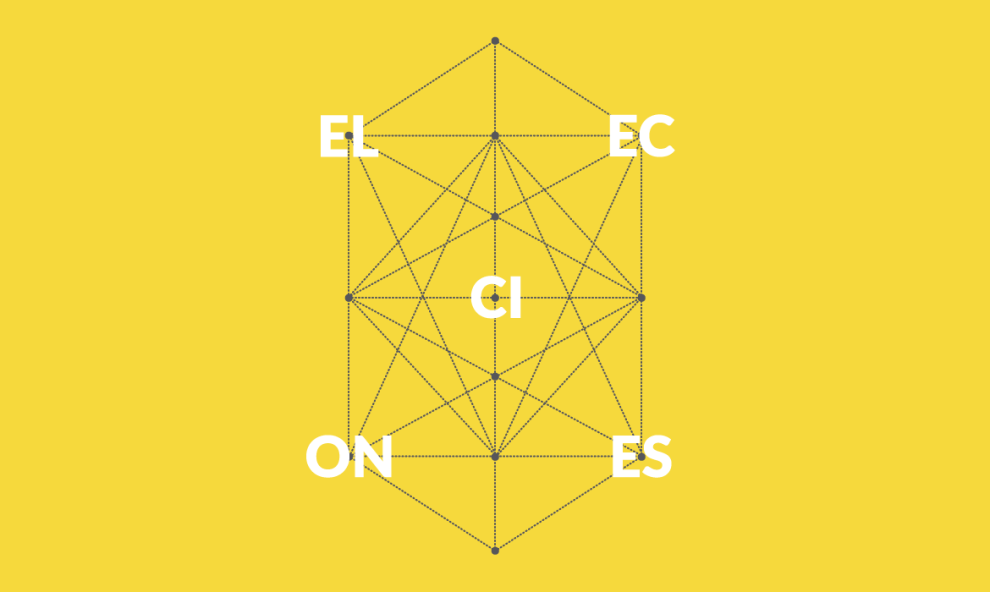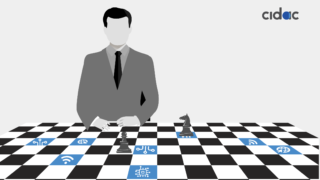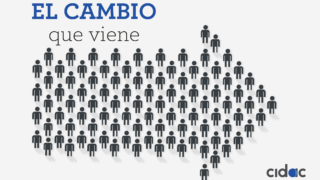An old adage notes that the Stone Age did not end because of lack of stones.
Many of Mexico’s problems – a violent battle against organised crime, mediocre economic growth, and endemic corruption – might appear overwhelming, judging from the news headlines.
But contrary to what many might believe, these problems are not intractable.
For one, they are a very different set from those Mexico used to face.
Indeed, many of the problems are the result of changes that are setting the foundations for a better future. The Stone Age eventually ended because humans devised better technology than using stones. The same is true of Mexico.
Mexico today is a nation constructing its future while struggling with its past.
The 1992 North American Free Trade Agreement (Nafta) began a profound process of economic transformation.
Similarly, the 2000 electoral defeat of the ruling Institutional Revolutionary Party, the first alternation of presidential power in more than 70 years, began a politically profound transformation.
However, neither of these transitions has yet delivered the expected results.
Structural reforms in the 1990s liberalised the economy. They expanded opportunities for private investors, but did not help the economy to reach, and then sustain, high rates of growth. Meanwhile, the political system remains far from perfect.
Even so, there is frequent alternation of parties at all levels of government, greater transparency and even a modicum of accountability. At the same time, a number of world-class industries have developed in Mexico. A middle class has also emerged.
These are considerable accomplishments in a country where more than 40 per cent of the population lives below the poverty line.
Nonetheless, Mexico’s troubles largely stem from the shortcomings of the reform process itself. The changes it unleashed were almost cataclysmic.
It forced an inward-looking economy to face world competition.
It also loosened the stranglehold that one political party, the PRI, had long held over the nation.
Unfortunately, these changes were not properly thought through; nor was there a political consensus about what should happen after they took place.
The result has been twofold.
In the political sphere, decentralisation of power has not been accompanied by the development of stronger state and local institutions – a sine qua non for the maintenance of public peace and accountability.
Further complicating the process, criminal organisations simultaneously began to expand their businesses and move into new territories. Weak law enforcement institutions, including the police and the judiciary, have proved a very poor match against these emboldened criminal mafias.
A similarly incomplete reform process took place in the economy. In the 1990s, the privatisation of local banks and public monopolies was more concerned with raising revenue than changing market structures. As a result, private monopolies still dominate some sectors of the domestic economy.
Meanwhile, banks, having survived near-bankruptcy following the 1995 peso crisis, are now strong enough to lend and finance growth again – yet they are hardly doing so.
The main sources of the country’s troubles do not lie abroad, as some Mexicans might claim. They are home-grown.
Some Mexican and foreigner observers despair that the country’s problems are so huge it is impossible for it to move ahead.
This is, indeed, a reasonable conclusion. Politicians never seem to reach agreement among themselves. There appears to be no end to crime, both big and small. The economy is growing, but creating few jobs. The country is faced with yet another electoral season, which will consume leaders’ attention for the next year and a half. The future certainly looks complex.
There have been two economically successful eras in Mexico’s history: one at the end of the 19th century, the other during the good years of PRI rule, particularly from the 1940s to the 1960s. The common trait of both eras was strong central government.
The lesson for the future is that Mexico can function either with a strong central government or strong institutions. But it cannot function without either.
Mexico’s experience with democracy over the past two decades shows the pitfalls of decentralisation without strong institutions.
Power and budgets have been devolved to states. Rather than an effective federal system, however, this created regional baronetcies instead.
As one sharp commentator has observed, Mexico is the only nation in the world to have gone from monarchy to feudalism.
Mexico’s experience of decentralisation, however, is more than just a joke. It is the main task the country faces.
The challenge is to consolidate – amid great political complexity – an extraordinary recent accomplishment: the fact that most Mexicans are now middle class. How to do that is the central question the country faces.
Mexico is not ungovernable, as some might believe. It has simply not been governed very well of late, which is a very different proposition. That is why better government and smarter leadership, combined with strategic vision, could change the country very swiftly.
As with the end of the Stone Age, the Mexican government just has to get on and do it.
La reproducción total de este contenido no está permitida sin autorización previa de CIDAC. Para su reproducción parcial se requiere agregar el link a la publicación en cidac.org. Todas las imágenes, gráficos y videos pueden retomarse con el crédito correspondiente, sin modificaciones y con un link a la publicación original en cidac.org






